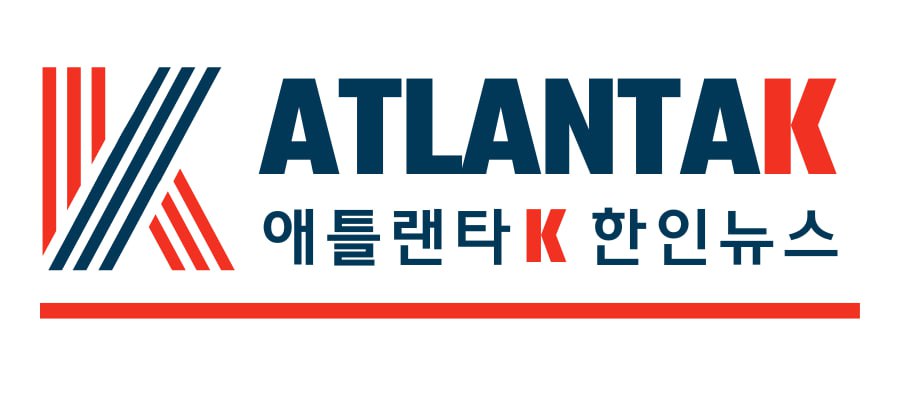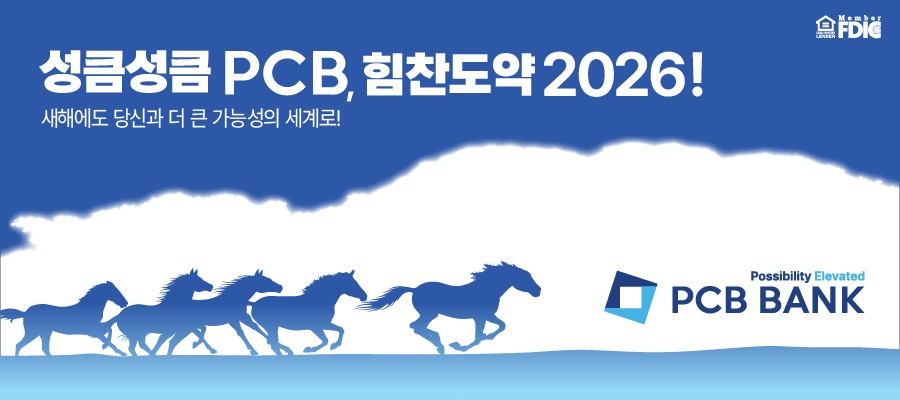Stadium Tour and Club Philosophy Hosted for Atlanta K — A Firsthand Look at CITY SC’s Local Roots and Global Vision
A Story Built on Private Investment and Community Partnership — The Miracle Behind CITY SC’s Sell-Out Streak and Loyal Fanbase
ST. LOUIS — On September 27, St. Louis CITY SC staged what fans quickly called the “Korean Derby.” Under the lights, Jeong Sang-bin of CITY SC faced Son Heung-min of LAFC, a rare all-Korean showdown that drew national attention back home and sparked pride among Korean American communities across the United States.
For Atlanta K, the match was more than a spectacle. The club extended a rare invitation to tour its stadium and operations. Vice President of Communications Marc Abel personally guided the visit, underscoring CITY SC’s intent to build authentic connections with Korean fans and international audiences.
Flavor with Local Roots, Global Reach
While most American stadiums rely on national concessionaires, CITY SC opted for a local approach. Its CITY Flavor program features St. Louis staples like Pappy’s Smokehouse and Chicken Scratch, alongside Seoul Taco, where Korean American chef David Choi serves kimchi burritos and bulgogi tacos. Nearly a quarter of all food orders now come through the app—a sign of deep fan engagement.

Photo by Eunice Lee | Atlanta K Media
Privately Funded, Publicly Grounded
Energizer Park, the club’s home, stands out in American sports: a stadium built entirely with private funding. Its ownership group includes nine investors—many of them women—with Carolyn Kindle serving as the first female majority owner in Major League Soccer.
The stadium now generates more than $24 million annually for the local economy, including $5 million in direct tax contributions—without a single dollar of public subsidy.
A Fan Base That Mirrors Its City
Since its debut, CITY SC has sold out 50 consecutive matches and drawn more than one million fans. Even CITY2, the reserve squad, has broken attendance records.
That passion reflects the city itself—an immigrant hub shaped by Bosnian, Italian, and other communities. The club leans into that diversity, weaving culture into food stalls and outreach. Lines at Balkan Treat Box are as long as those at the gates, a reminder that heritage and soccer are inseparable in St. Louis.
The atmosphere sets CITY SC apart. In many cities, stadium districts are surrounded by pubs and bars; here, the action happens inside. Fans eat, drink, and linger at top-tier restaurants without leaving the venue. The stadium also fosters a family-friendly environment, offering safe spaces and entertainment that appeal to all generations. In a uniquely St. Louis twist, a Dog Suite sponsored by Purina lets fans watch matches alongside their pets.

Jeong Sang-bin: A Cultural Connector
For CITY SC, Jeong Sang-bin is more than a forward. He is a bridge. The club has invested in media outreach, Korean-language engagement, and cultural storytelling, positioning him as both athlete and ambassador.
“Our goal isn’t just soccer,” Abel said. “Jeong is a connector—between St. Louis, Asia, and Korean American communities nationwide.”
More Than a Team
Perhaps the clearest sign that CITY SC is rewriting the playbook lies within the stadium itself, where a memorial honors the displaced Black community that was once rooted on the site. Rather than burying history, the club chose to acknowledge it—making the stadium a place of both remembrance and renewal.
Abel put it simply: “St. Louis has a sad history. That’s why we’re working harder to do better today.” At the stadium’s southwest plaza, the Pillars of the Valley installation honors the 20,000 Black residents of Mill Creek Valley—along with 5,000 homes, businesses, schools, and churches—erased in the name of 1950s urban renewal.
“This stadium isn’t just a venue,” Abel said. “It’s a platform for every voice in St. Louis.”

Right: The “Pillars of the Valley” memorial honors the Black community once displaced from this area during urban redevelopment.. Photo by Eunice Lee | Atlanta K Media
A Bridge to Korea—and Beyond
Through Jeong Sang-bin and Seoul Taco, CITY SC is charting a model for modern soccer—blending private investment, cultural exchange, and community spirit.
Energizer Park captures that vision: a 32-acre campus uniting stadium, headquarters, and training grounds in the heart of downtown. On match days, inclusivity is everywhere—from local flavors served in the concourse to American Sign Language interpretation at every game.
CITY SC has created a space where everyone belongs—and in that heartbeat, St. Louis is already writing its next chapter.













![[포토뉴스] 아씨마켓 울려퍼진 “메리 크리스마스”](https://i0.wp.com/atlantak.com/wp-content/uploads/2025/12/%EC%82%AC%EB%B3%B8-photo_2025-12-22_14-05-12-2.jpg?resize=245%2C156&ssl=1)







![[포토뉴스] 이재연 보험, 내슈빌서 보험 교육](https://i0.wp.com/atlantak.com/wp-content/uploads/2025/10/563999102_18066453389346689_1732511884245717622_n.jpg?resize=245%2C156&ssl=1)